Diversity at WSU Vancouver has long been a top priority
By D Turk and Pip Swinger | Staff Reporters
As of this month, all funded efforts to achieve Diversity, Equity and Inclusion at WSU Vancouver must cease, according to a directive from the federal Department of Education. The directive is a clear expression of the administration of President Trump, who champions blind meritocracies and assails any programs, Affirmative Action among them, that seek to create opportunities for historically marginalized populations.
The top-down mandate has university administrators reeling. Unknown as of this writing is whether administrative positions dedicated to DEI at WSU Vancouver will change or go away – right down to whether the university’s 14 gender-inclusive restrooms shall remain as is.
The VanCougar asked university leaders and students to weigh in.
WSUV Chancellor Mel Netzhammer made clear that there is no intention for WSU Vancouver to defy what the federal government has stated in its directive. While equity has been a big focus at WSU Vancouver, Netzhammer did not have clear answers on what to expect for the future.
“We will obey the law, I want to make that clear,” he said in an interview with the VanCougar. “Whatever the law is, whatever our attorney general tells us the law is, we will obey that law.”
But he sees an in-between space. Netzhammer said WSU Vancouver’s programs are broad enough to be deemed acceptable according to his current understanding of the letter. He added that he knows some see the focus of DEI programs as championing some groups while excluding others, but clarified that singling out races is not the intent of such programs.
When asked what this may mean for student clubs and organizations, Netzhammer admitted there isn’t yet a clear answer—that WSU is likely going to have to “analyze what this letter is communicating, look at everything [including clubs] to make sure everything’s in compliance.”
Netzhammer noted that while it is common for a new administration to reinterpret established laws and issue guidance on those re-interpretations, the transition this time is different.
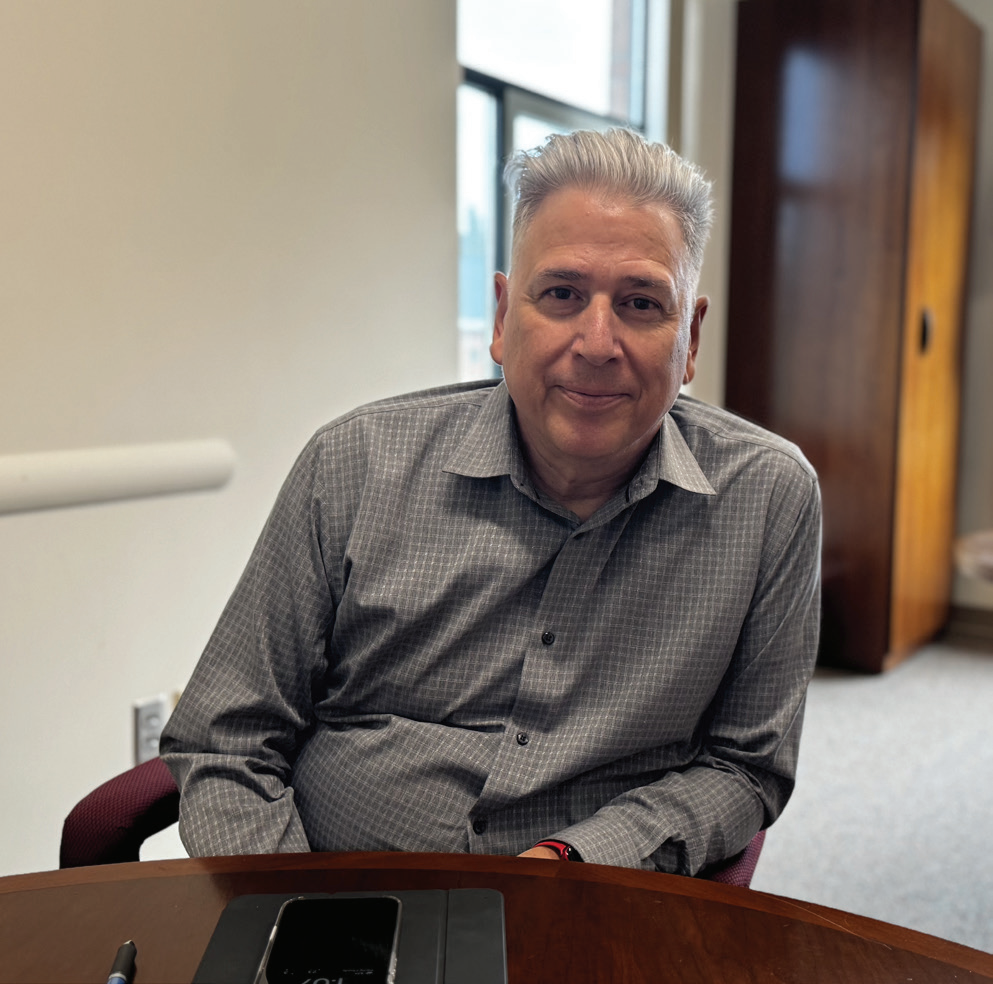
“This has been far more chaotic, and I think anxiety-producing for the community, than things that we’ve seen in the past,” he said.
Despite this sweeping change at the national level, Netzhammer still believes the intended values behind DEI will remain important to WSU.
“If you ask pretty much anyone on campus, ‘should WSU Vancouver be inclusive?’ I can’t imagine getting any no’s. If you asked, ‘should WSU be equitable?’ meaning that everybody has the same opportunity to get a degree and to be successful here, I would expect the answer would be a resounding yes… The work continues. The commitment to our students, regardless of their race, or their gender, or their sexual orientation, the work continues. I expect that our community that has been built around these values will remain strong and committed to these values for all of our students, for all of our faculty, for all of our staff.”
Still, Netzhammer conceded that changes at WSU were likely and that “some things will clearly happen, and that will have an impact on us.” He added, “I think there will be a lot of pressure and potentially the legal requirement [will mean] we will have to do [DEI] differently.”
Vice Chancellor for Student Affairs Domanic Vanthom had much to say on his goals for supporting retention in any group at WSU Vancouver. He interpreted the letter abolishing DEI to mean that they had 14 days to shut down any program based at all on race, or their federal funding will be discontinued. The letter refers to these programs as “prohibited uses of race.”
“If we are engaging in something that has a prohibited use of race in our behavior, our programming, then we would have to change that,” he said. “My hope is that we’ve structured our support programming and opportunities such that everyone has the chance to participate and engage and build their network.”
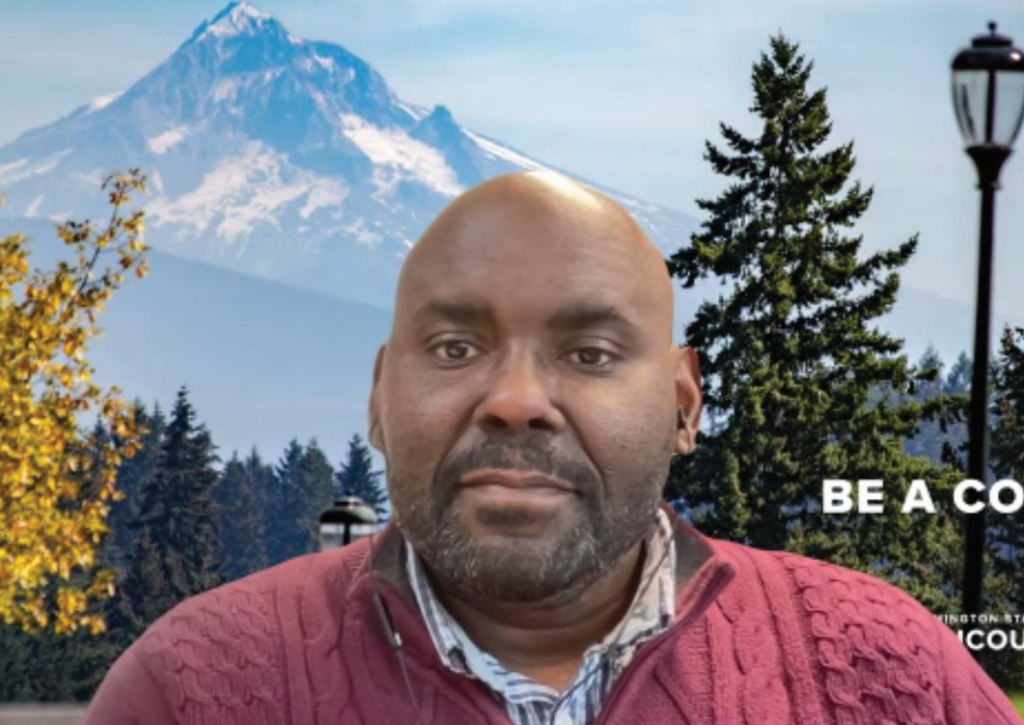
Vanthom stated that he will work with the government to understand why some programs may lead to a withdrawal of federal funding from the campus, but also aims to make his voice heard in the matter. Even if restricted, he will continue to help students by refocusing his efforts to areas that are approved by the federal government with the same goal as always: “to support students, get them graduated, and get them jobs.”
“There may be some changes… How we balance the support of students that need more in terms of their retention and engagement and how we do that without discriminating, or even perceived as discriminating, is going to be a delicate balance,” said Vanthom. “They talked about low income and disadvantaged homes, and if that’s where they want our focus—if they’re saying that is still a viable group to support—we’ve got data, we’ve got programs, we’ve got all that saying here’s what we can do for those students. So that’s what we’ll do, and what we’ll continue to do.”
The VanCougar also spoke with leaders of student organizations to get their perspective on the situation.
Sunny Ly, president of the Asian Pacific Islander Association and ASWSUV Vice President, said that while he doesn’t believe that DEI will be completely abandoned by WSU, he’d be disappointed if it was.
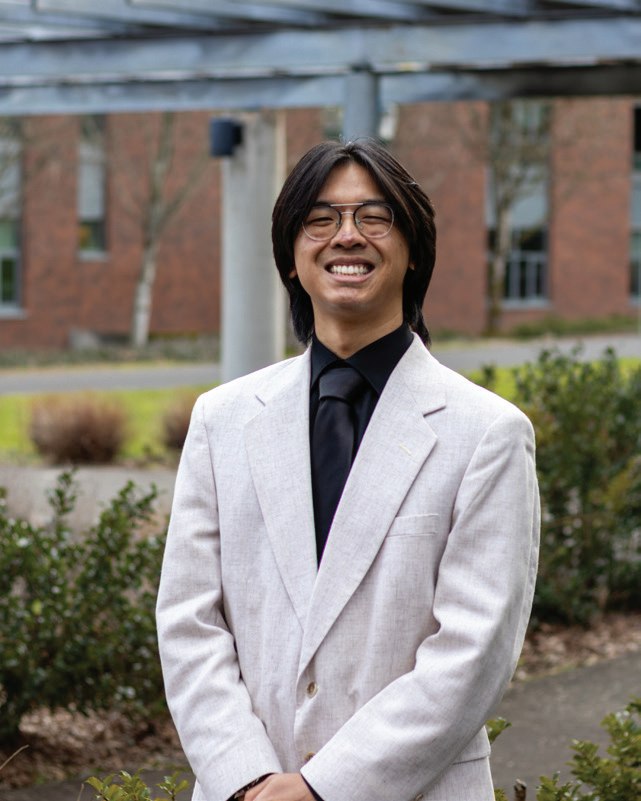
“[Students] should use [their] voice and advocate and actively fight to maintain all of our DEI efforts and practices that we have on our campus,” he said. “Because we are students, we are the leading voice on campuses. We are the main shareholders on campuses.”
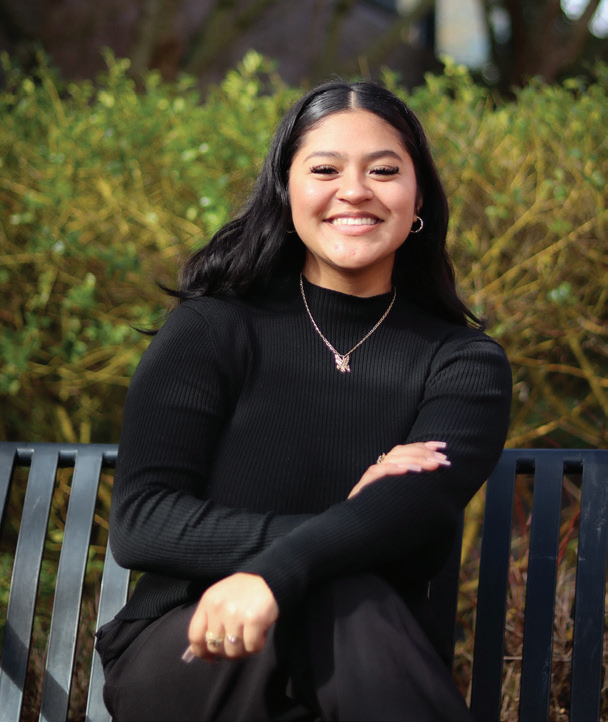
Nayeli Lopez-Martinez, president of the Movimiento Estudiantil Chicanx de Aztlán (M.E.Ch.A.), also said she’d be disappointed if WSU were to abandon DEI. She added that it could lead to a decrease in student involvement, and expressed concern for whether students would still have safe spaces on campus.
Aisha Sumareh, president of the Muslim Students Association, had similar concerns. She expressed worry about what kinds of events might be prohibited in the future, and had her own question for WSU:
“A question I have for WSU is how they’ll be addressing these changes to student organizations,” she said.
Meanwhile, Vanessa Umeokonkwo, president of the Black Scholars Association, was also concerned about how this may affect clubs on campus. She noted that diversity-based clubs on campus usually try their best to be non-partisan, and also that organizations like the Black Scholars Association don’t prohibit anyone of any particular race from joining.
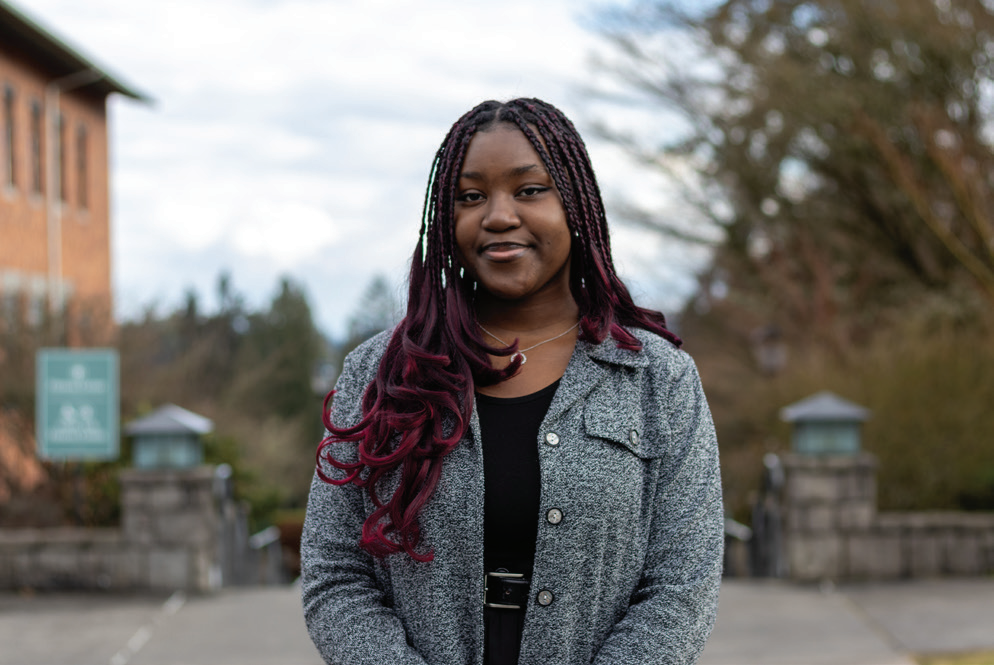
Vice Chancellor for Equity, Diversity and Inclusion Obie Ford III stated that the executive order could be devastating for student success, research, and teaching—all of which are important to WSU’s mission. He emphasized that the Vancouver campus has a clearly stated commitment to its community that sets it apart from other campuses.
“We have a specific goal around equity and inclusion in our strategic plan. We are the only campus in the WSU system with such a goal in their strategic plan, and all five goals have equity embedded into those goals,” he said. “Research, student success, growth of campus, [and] community engagement… [As a country] we are moving in a direction that would really take us to a place of inequity and injustice in general. And that’s not the direction I want to see us go, so I am really trying to maintain that support and encouragement for the people—for students and faculty.”
Mandipa Masike, advisor for the Center for Intercultural Learning and Affirmations, stated that she will continue to support students and historically underserved students through the Center for Intercultural Learning and Affirmations.
“Students are always at our forefront and we want to make sure that students know that they have a space for them to be, and to design what that looks like for them as well,” she said. “So definitely, I’m leaning into our students and our student voices and what it is that they want, and for us to be able to just create that space… Right now it’s [the] continuation of what we’ve been doing, even if it does mean changing a few things. But always at our forefront is really letting students lead the space and understanding what students need. Because ultimately that is what [the Center for Intercultural Learning and Affirmations] is here for.”
